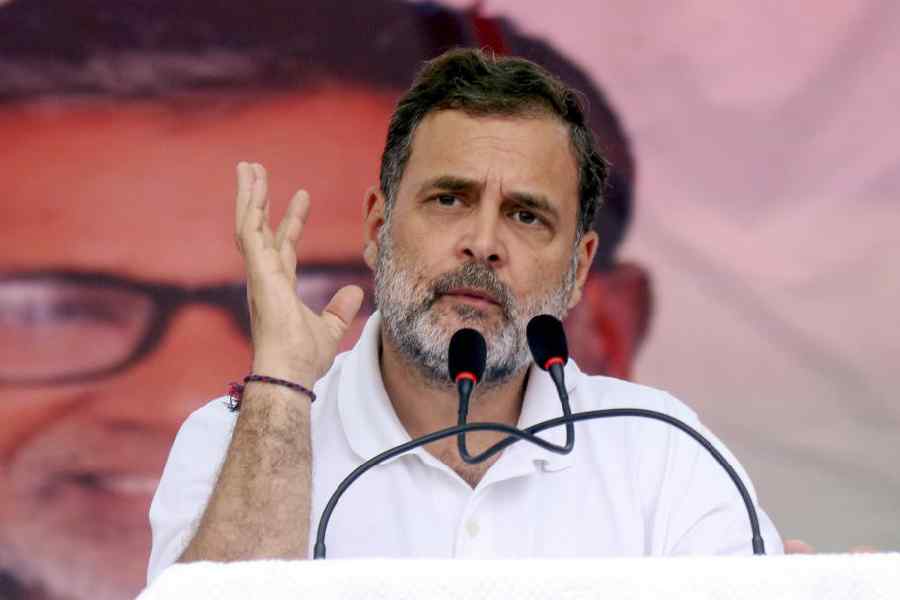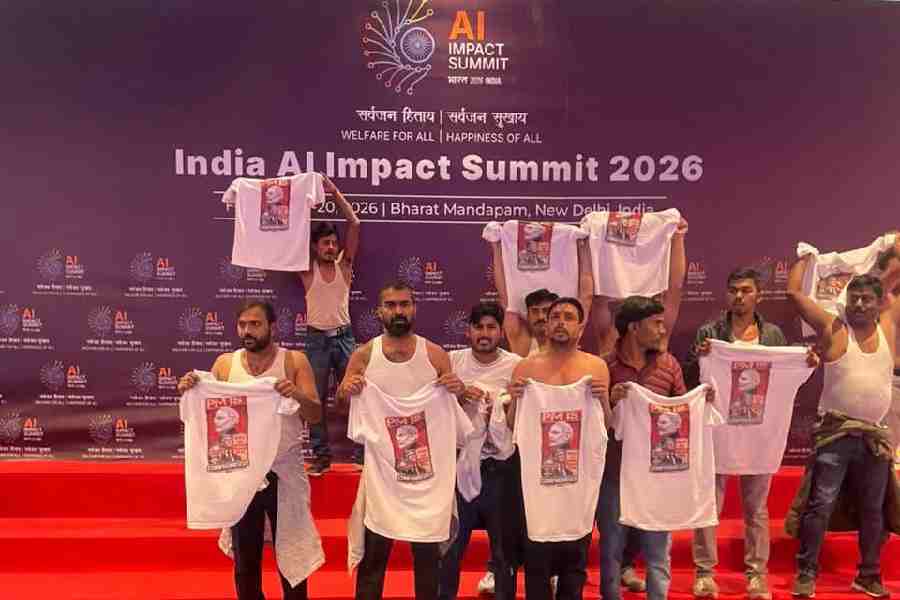 |
| Going the west way: A carpool pick-up point in California |
Mumbai, Aug. 10: India is waking up to a new way of commuting to beat soaring fuel prices, cramped public transport and, of late, terrorist strikes — the carpool.
A click of the mouse can now ensure the transition to a swish four-wheeler and sites such as www.indiaeyewitness.com, www. carpoolworld.com, www.indmoto. com and www.koolpool.com are registering up to 2,000 hits a day from commuters across the country looking for carpool options to commute to and from work.
A survey by Indmoto says 85 per cent of carpool users are in the age group of 26 to 45 and have an average monthly income of around Rs 50,000.
Last month’s serial blasts, which hit Mumbai’s local railway network, have made carpools even more popular.
But it is not easy to find a group that takes the same route at the same time and that is where the websites come good.
“Rising fuel prices make shared travel essential. It saves oil, money and the environment. It helps make new friends. It is also safer,” said Suhasini Rao, who works with ICICI Bank.
Ironically, carpool sites constantly warn commuters about the safety bit. “Carpools bring together strangers, always be on guard,” warns indmoto.com, which was launched this April and gets around 60,000 hits a month.
The potential threat from unknown co-passengers is also the reason why men outnumber women like Suhasini. “I was lucky, I found a group of girls, but I believe it is pretty rare,” she says.
Indmoto says Suhasini is bang on. “Almost 91 per cent of carpoolers are male. To encourage more women to join in, some sites like ours offer a privacy option where users can hide personal information and manage responses to their carpool ads via an online mailbox,” says Udit Bhandar, the chief executive officer of Indmoto.
On most carpool sites, commuters are able to post their own ads or search for ads according to city, area and pin code, free of cost.
As Mumbai’s over-the-top realty prices push young and middle-rung professionals out of the city’s bounds, carpools help save on cost of commuting to the workplace — often 50-60 km away — without compromising on comfort.
The Mumbai Environment and Social Group, an NGO, says over 70 per cent of city cars carry single passengers amounting to approximately 15 lakh empty seats on the road every day.
Shared taxis are common, but the concept of shared cars is just picking up. “Carpooling is the emerging choice of corporate commuters. Several corporations such as HDFC, ICICI, SBI, Godrej, Colgate, and Porsche India have expressed interest,” says Joshua D’Souza, CEO, Koolpool.
Indmoto says over 81 per cent of carpoolers work in the private sector.
Once a request for registration is submitted at the Koolpool site, ICICI Bank verifies it to ensure security. Membership, which comes at an annual fee of Rs 350, allows passengers travelling along the same route to network.
It offers the car owner Rs 25 per passenger as fuel cost in the form of credits at Hindustan Petroleum pumps, which also serve as pickup points. “It’s a good concept,” an HPCL officer said.
“We have agreed in principle to participate as it is in keeping with the national policy on conservation of fuel.”
The survey shows that Delhi has the maximum number of carpoolers (53 per cent) with Mumbai second at 26 per cent.











